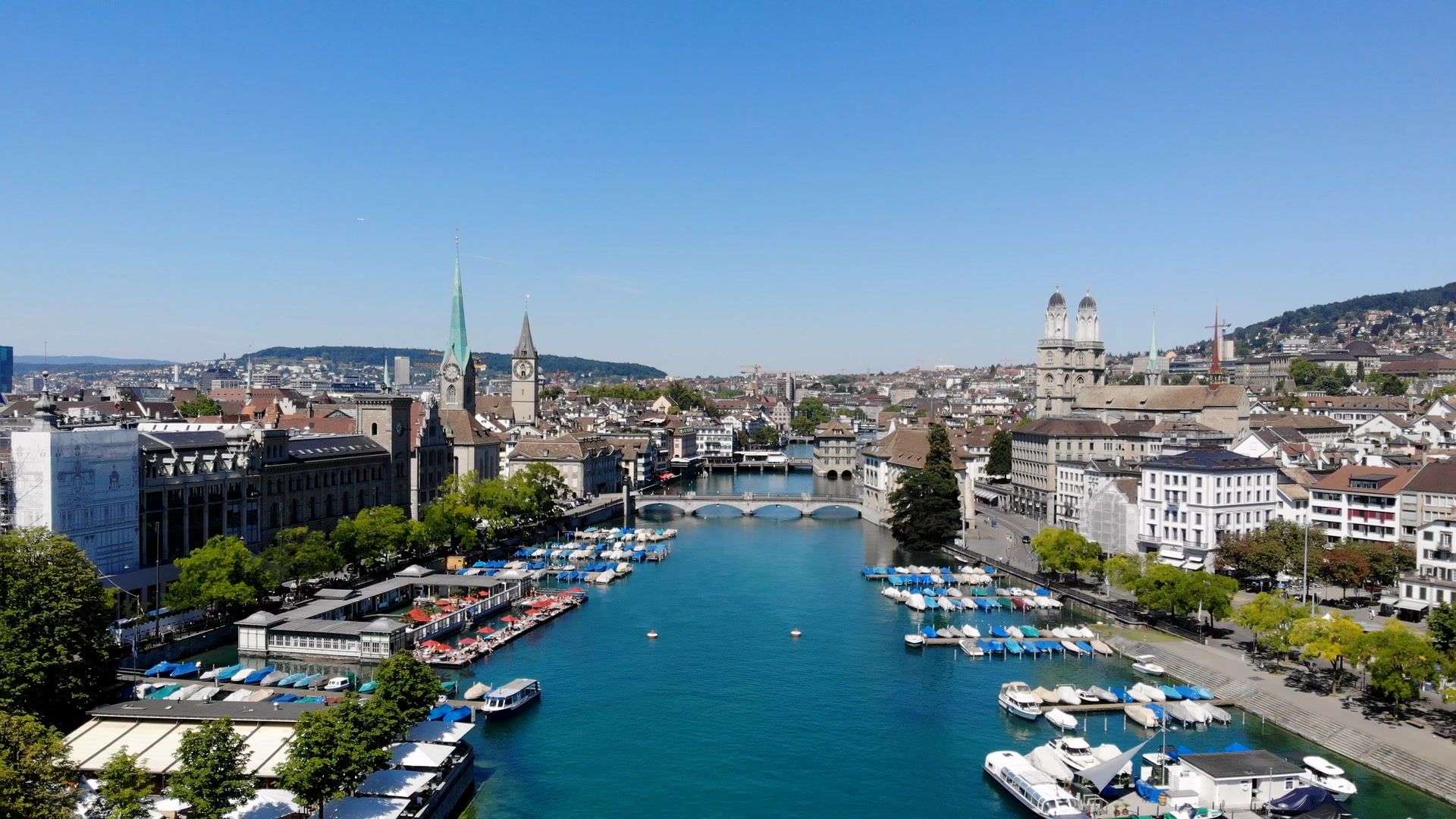25 years and half a world apart: this is how mother and daughter were reunited

Meet the pioneers reconnecting displaced people with their loved ones Image: REUTERS/Muhammad Hamed

Get involved with our crowdsourced digital platform to deliver impact at scale
Stay up to date:
Social Innovation
It’s 2005 and a young Afghan refugee called Mansour arrives in Copenhagen. For four months, he has been travelling through Russia and Eastern Europe after fleeing Kabul and the Taliban with his parents and five siblings.
But now he’s alone.
In Pakistan, a trafficker separated Mansour from his family, and he made his way to Denmark with no idea what happened to them.
This is where David and Christopher Mikkelsen come in.
A database for the displaced
The Mikkelsen brothers met Mansour in Copenhagen in 2005. While helping him search for his family, they realized the technology didn’t exist to share information between agencies and across borders.
For Mansour, there was some good news: eight years after his separation, he located one of his younger brothers in southern Russia.
But for hundreds of thousands of refugees, trying to find their loved ones is a near-impossible task.
So, the Mikkelsens developed REFUNITE, an online database which now has more than 600,000 displaced people looking for their families.

Reunited after 25 years
In 1991, in Somalia, Farhiyo left her seven-year-old daughter, Rahma, with a neighbour and went to work. She wouldn’t see her again for 25 years.
Fighting broke out quickly in the Somali capital, Mogadishu, and families were forced to flee. Many became separated in the chaos. When Farhiyo returned from work, Rahma – along with everyone else – had gone.
Farhiyo was forced to leave and seek safety herself. Living in refugee camps in Tanzania and Kenya, she married and had two more children.

In the Kakuma refugee camp, in Kenya, Farhiyo heard about REFUNITE. Illiterate, she turned to her son to help her register and search for her daughter.
Rahma meanwhile grew up in the United States. Separated from her mother at such a young age, she had no idea what had happened to her. Then a friend told her someone called Farhiyo was searching for a daughter using REFUNITE.
After initial trepidation, Rahma sent a message and the two began communicating – again with the help of Farhiyo’s son. In September 2016, 25 years after they were torn apart by war, mother and daughter were reunited in Kenya.
The power of a voice
Farhiyo and Rahma’s story highlights the challenge faced by displaced people who can’t read or write. Farhiyo was able to enlist her son’s help, but with 17% of the world’s adult population illiterate, two thirds of them women, not everyone has a family member who can lend a hand.
But now there's a plan to give these people a voice – literally.

Inspired by services such as Apple’s Siri and Amazon’s Alexa, REFUNITE has enlisted the help of Pakistani women to develop an Interactive Voice Response (IVR) system. It will allow family members who have been separated to use the platform just by speaking out loud.
A helping hand from the tech world
REFUNITE has now partnered with Facebook to make the current platform more widely available. Free Basics is the social media giant’s plan to make the internet accessible to more people. It provides free access to basic internet services, such as news or local government information.

Other parts of the tech world are also offering help and expertise to displaced people. There are the Berlin schools teaching asylum seekers and refugees to code, and the website connecting refugees with spare rooms, much like Airbnb.
With so many refugees carrying little more than their mobile phones with them as they flee, the tech world is well placed to help.
The scale of the challenge is enormous, though. Over 65 million people around the world are displaced. More than 10 million Syrians have been displaced within their own country. Another 500,000 people are about to leave their homes in Yemen, according to the UNHCR.
Christopher and David Mikkelsen are two of the Schwab Foundation Social Entrepreneurs of the Year 2017. They will be attending the World Economic Forum Solutions Summit in Durban, South Africa, from 1-3 May, where they'll discuss how proven models for social impact can be scaled across countries and sectors.
Don't miss any update on this topic
Create a free account and access your personalized content collection with our latest publications and analyses.
License and Republishing
World Economic Forum articles may be republished in accordance with the Creative Commons Attribution-NonCommercial-NoDerivatives 4.0 International Public License, and in accordance with our Terms of Use.
The views expressed in this article are those of the author alone and not the World Economic Forum.
The Agenda Weekly
A weekly update of the most important issues driving the global agenda
You can unsubscribe at any time using the link in our emails. For more details, review our privacy policy.
More on Social InnovationSee all
Lisa Satolli
April 18, 2024
Victoria Masterson
April 9, 2024
Eliane Trindade
April 4, 2024
Andrea Willige
March 27, 2024
Adam Gavin
March 8, 2024






